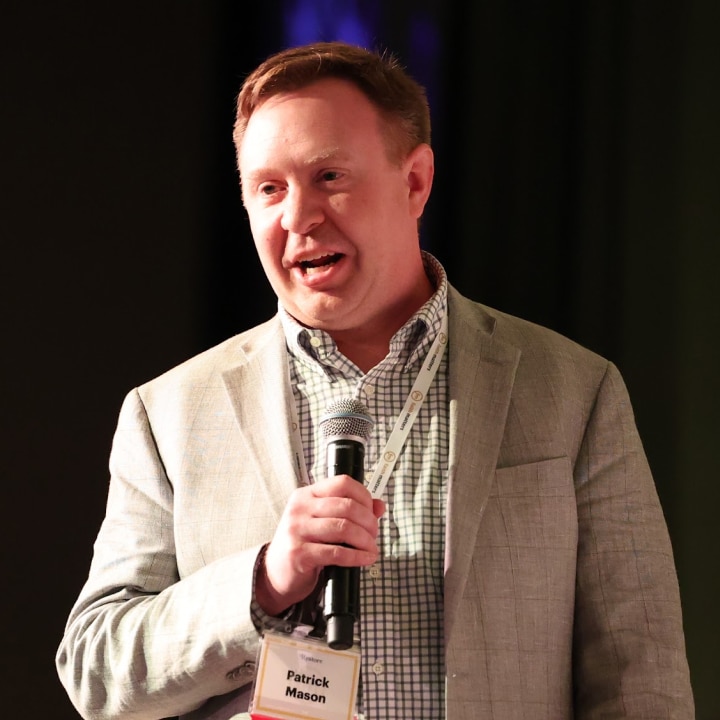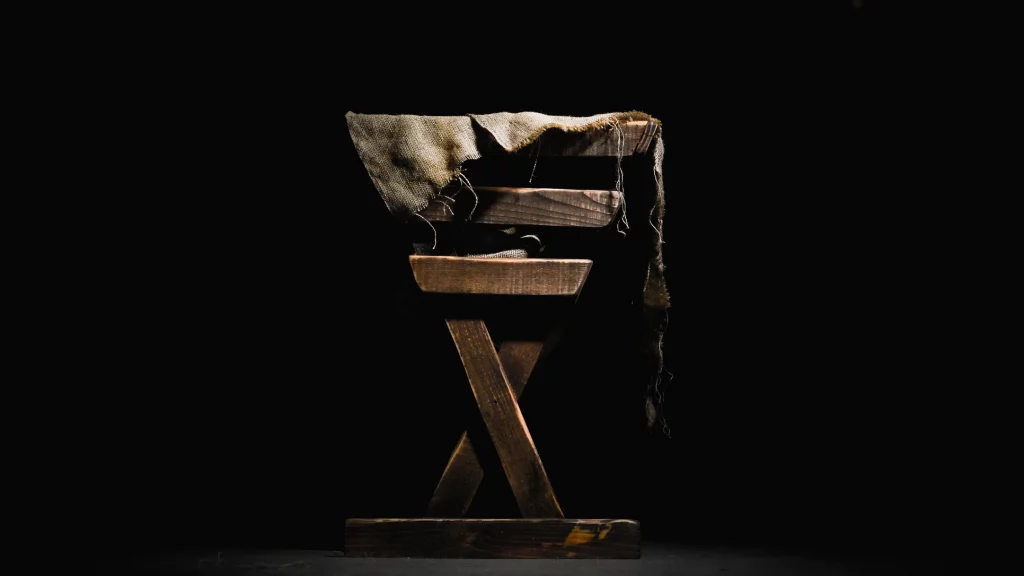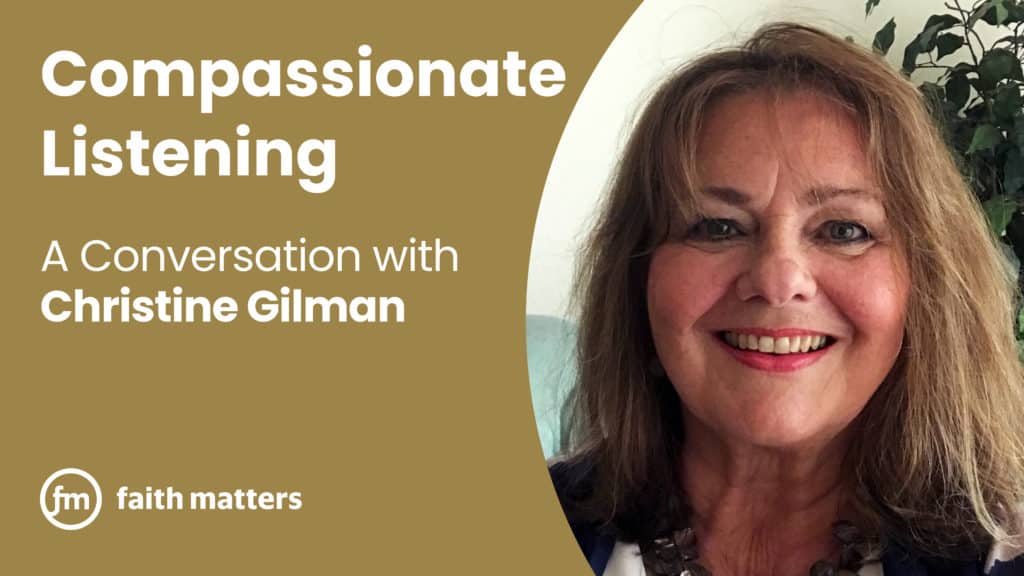(The following was shared by Greg Trimble, a friend of Faith Matters and a member of our executive team.)
I can still remember the exact spot I was sitting when I felt the distinct impression that the Book of Mormon was true. I was on a beach chair on my balcony in Corona Del Mar, California, waiting to go surfing. I had just recently started a serious investigation of the Church when I first began reading the Book of Mormon. I realized that the most important thing I could do is find out whether or not the Book of Mormon was true.

Investigating The Book of Mormon
Skeptics hate when we say “I know the Book of Mormon is true,” but I don’t know how else to say it. That book, in my opinion, is an authentic historical record that was given to us as another testament of Jesus Christ.
This wasn’t something that I discovered overnight. Initially, I insisted that the existence of the Book of Mormon had to be logical to me. It had to make sense. There was no shortage of people claiming that the Book of Mormon was a fraud. I went through all of the critical literature about the book. I had my fair share of wrestling with the book. I didn’t want to discount anyone’s opinion or experience, pro or con. But knowing how truth is often attacked, it made me want to read it more and dig deeper. And that’s exactly what I did.
During my studies, there were things that confused me or that I didn’t understand. But as I persisted in reading it and pondering it, I began to understand it more and more. I always felt like no man could have written that book, and any suspicions, questions, or doubts were overshadowed by a spirit of wisdom, authenticity, and love for the Savior. I also felt that the logical evidences of its authenticity became indisputable to me.

None of this meant that Joseph Smith was infallible or even that the Book of Mormon was infallible. In fact, the Book itself apologizes for the deficiencies of the people writing it.
Critics of The Book of Mormon
But the miracle of its existence remains the keystone of our religion even today. I can’t figure out why critics spend so much time attacking other aspects of the Church. If you’re going to attack the church, go after the Book of Mormon. Knock down the keystone and the structure comes tumbling down with it.
One of my friends, a convert to the Church, said something I’ll never forget. (In no way did he mean any disrespect to the Book of Mormon when he said it.) He was talking about times in his life when his faith had been challenged. And then he said, smiling, “If you were to drop a nuclear bomb on my testimony, the Book of Mormon would be like the little cockroach that climbs its way to the surface from beneath all the rubble.”
If you’re ever having doubts about the Restoration or about Joseph Smith, I would recommend you read the Book of Mormon and ask yourself these questions:
1. Could an uneducated young person, in something like 65 working days, actually produce a 500+ page history of ancient people, with complex, flawlessly interwoven plot lines, elaborate cultural and technical detail, and amazing theological and spiritual richness? And (most impressive of all) could he do it by dictating to a scribe while looking into a stone placed in the bottom of a hat? Can you even imagine doing that yourself? Or, if you’re not feeling quite that ambitious, try something simpler. Try dictating, with eyes closed, 77 long verses of spiritual allegory based on expert olive tree horticulture (Jacob 5). And remember . . . you’ve never seen an olive tree or known an olive farmer in your life.
2. Would it be possible for that uneducated young man to include in his dictation ancient Hebrew idioms and and sophisticated literary structures like chiasmus?
3. How would Joseph Smith have been able to know so much about the Middle East, including exquisite detail of the Arabian Peninsula, where Lehi and his family traveled? The book includes things about that region that were not known in the western world.
4. How could Joseph Smith come up with roughly 200 names in the Book of Mormon, most of them verifiably Semitic?
5. Why would the witnesses of the Book of Mormon and the gold plates never deny their witness, even when some of them became bitter toward Joseph Smith and the church? With so many people involved, could a hoax of this magnitude go uncovered.
You don’t have a good answer to those questions? So maybe you admit that Joseph Smith could not have written this book. But where did it come from? Maybe Satan put him up to it . . . but then why would Satan want to publish another testament of Jesus Christ, a book that does nothing but promote faith in Christ and righteous living? Didn’t Jesus say that a house divided against itself would fall (Matthew 12:25).
Maybe the most important question to ask yourself about the Book of Mormon is: “How do I feel while I read it?” We are spiritual beings. If we can’t trust our deepest intuitions, then what do we have? Scripture implores us to trust that “still small voice” to guide us in our decisions (1 Kings 19:12). All of the intellectual support I found during my investigation of the Book of Mormon became secondary to the deeply confirming whispering of the Spirit I felt that day, just before I began waxing up my surf board.
Things To Learn From The Book of Mormon
I can’t imagine what my life would be like if I had not taken the time to read those pages in between surf sessions as a 21-year-old young man who was lacking understanding and purpose in my life. I can’t imagine all of the things I would have missed. For example…
I learned from Nephi that I need to hold on to the scriptures and keep them close, that doing so will lead me through thick fog and loud voices to the tree of life (which is Christ), and that once I’ve partaken of the fruit of Christ’s love, that I should never drop that fruit. (See 1 Nephi 8.)
I learned that “by small means the Lord can bring about great things” (1 Nephi 16:29). I learned that God doesn’t remove trials from my life but that if I keep the commandments, He’ll nourish me, and strengthen me, and provide means to accomplish the things I’m supposed to accomplish (1 Nephi 17:3).
I learned that this great land was chosen to be a land of freedom and that the only thing that can bring that freedom down is the overwhelming voice of the majority choosing wickedness instead of righteousness (Mosiah 29:26–27).
I learned that there is most definitely opposition in all things but that each of us is ultimately here on this earth to experience joy (2 Nephi 2:25).
I learned that through our agency, we choose liberty or captivity being free to act for ourselves. These choices are what make us happy or miserable (2 Nephi 10:23).
I learned that Jesus not only suffered for my sins, but that he took upon himself every mental, emotional, and physical issue I’ve ever experienced (Alma 7:11–13).
I learned that it’s good to be “learned” and approach things intellectually . . . if I am humbly seeking to the will of God (2 Nephi 9:29).
I learned from Nephi’s little brother Jacob to never let “treasure” become my God (2 Nephi 9:30). That if I’m going to seek after riches in this life, I should seek them with the intent to do good for others.
I learned that about a thousand years of tedious and laborious etching in metal plates had one underlying motivation: “that our children may know to what source they may look for a remission of their sins” (2 Nephi 25:26).
I learned that there would be priestcraft established for the purpose of getting gain by customizing Christ to fit the lifestyles of the day (1 Nephi 22:23).
I learned that the only way I’ll ever really be able to get to know Christ and speak with the tongues of angels is to “feast upon” His words (2 Nephi 32:3). I learned that when I don’t feel like praying . . . that’s when I should “pray and not faint” (2 Nephi 32:9).
I learned from a king named Benjamin that good leaders are always serving others first. That by serving others, we are actually serving God (Mosiah 2:17–18).
I learned from Abinadi that it’s not all that easy to be a disciple of Christ. Alma, a guy who was a little caught up in the world, learned that same lesson from Abinadi, and it changed his life.
I learned from Alma’s son, years later, that even if you’ve lived much of your life in darkness, the power of Christ is able to change your nature and that it’s never too late to come back. Even bad dudes can become giants in the kingdom.
I learned that once you’ve had the gospel change your heart, you immediately have a desire is to reach out and share that knowledge with others . . . even your enemies (Mosiah 28:3).
I learned from a guy named Shiblon that it doesn’t matter where you serve but how you serve. That there are “Shiblons” everywhere who are “high-yield, low-maintenance disciples.” Shiblon taught me that you can lead from anywhere and that stability, reliability, and consistency are some of God’s most important attributes.
I learned from the actions of a spiritually immature boy named Corianton that “wickedness never was happiness” and that your actions, good or bad, could affect generations to come (Alma 41:10).
I learned from a great captain named Moroni that we should always be prepared. That we should recognize and fortify our “places of weakness” because that’s where the enemy will strike (see Alma 48:9).
I learned that Christ came to this continent once and that He’s on His way back, and that I should be humble as I anticipate His return. If I’m humble, I’m promised that weak things will become strong for me (Ether 12:27).
I learned in this book that these prophets “saw our day,” and now, having read it, I’m convinced they were telling the truth.
At the end of this book, I learned that in a world of chaos, I can pray to ask God for answers to the questions of my soul (Moroni 9:4–5).
These are some of the things I would have missed if I hadn’t given the Book of Mormon a fair shake. I haven’t even scratched the surface of what I’ve really learned from this book. I’ve read lots of books. But for me, this one has an endless supply of wisdom.
The Book of Mormon speaks for itself, but let me say a final word for it. I want my witness to be like that of Elder Holland’s. “I want it absolutely clear when I stand before the judgment bar of God that I declared to the world . . . that the Book of Mormon is true.”


